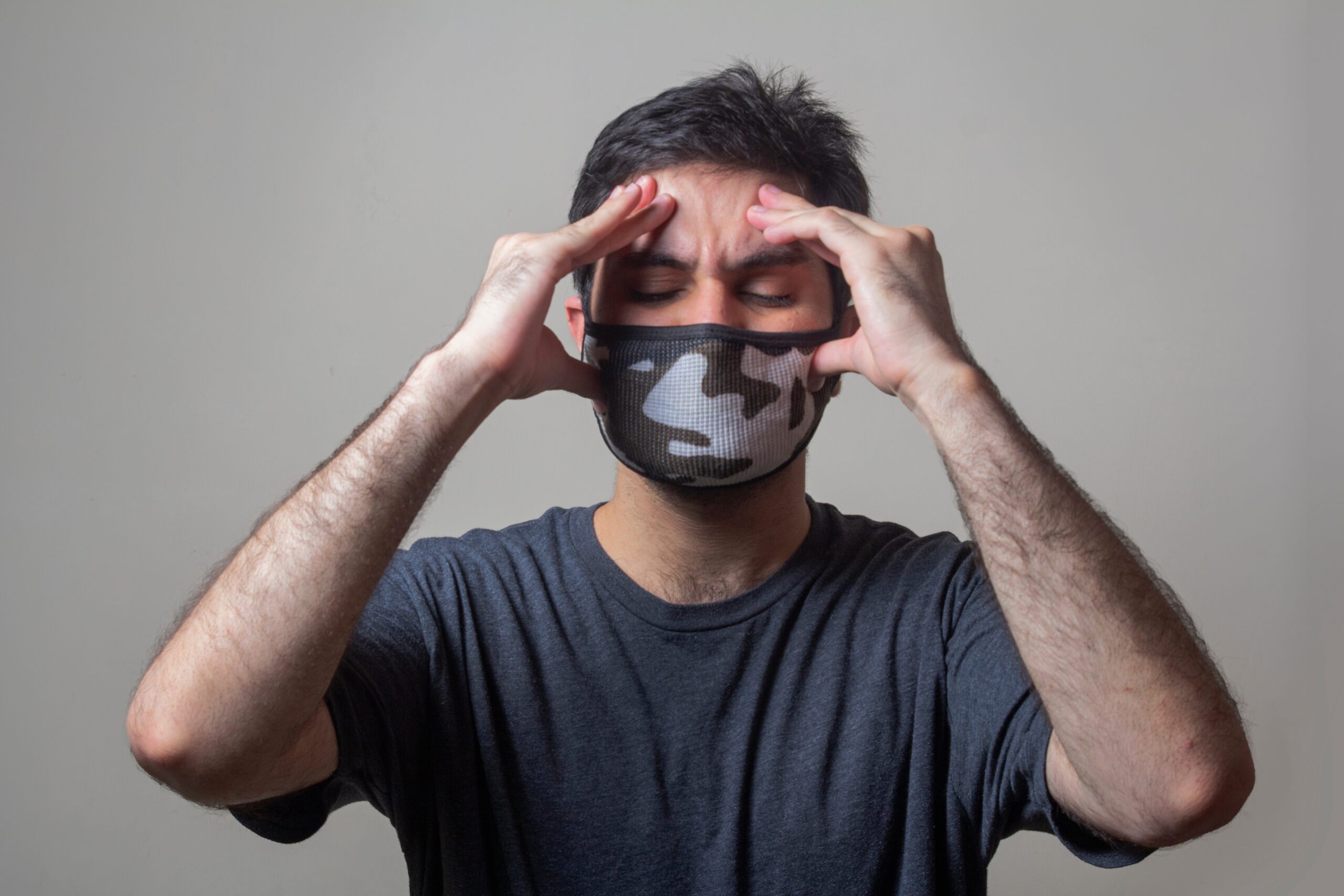Stress Busters: Effective Strategies for Alleviating Tension Headaches

Headaches are a common ailment that can be caused by a variety of factors, including stress. Stress-induced headaches, also known as tension headaches, are one of the most prevalent types of headaches experienced by individuals. In this blog post, we will explore how to identify stress-induced headaches, discuss the diagnosis process, and provide some effective treatment options.
Identifying Stress-Induced Headaches
Stress-induced headaches often present as a dull, aching pain that can be felt on both sides of the head. The pain is typically described as a tight band around the forehead or the back of the head. Unlike migraines, stress-induced headaches are not usually accompanied by other symptoms such as nausea or sensitivity to light and sound.
One of the key indicators that a headache may be stress-induced is the presence of triggers. These triggers can vary from person to person but commonly include factors such as work-related stress, relationship issues, financial worries, or other significant life events. Keeping a headache diary can help identify patterns and potential triggers.
Diagnosing Stress-Induced Headaches
Diagnosing stress-induced headaches begins with a thorough medical history and physical examination by a healthcare professional. It is crucial to rule out any underlying medical conditions that may be causing the headaches. The healthcare provider may also ask about the frequency and intensity of the headaches and any associated symptoms.
In some cases, additional tests such as blood work or imaging studies may be ordered to rule out other potential causes. However, stress-induced headaches are primarily diagnosed based on the patient’s reported symptoms and the absence of any other underlying medical conditions.
Treatment Options for Stress-Induced Headaches
Managing stress is the key to preventing and treating stress-induced headaches. Here are some effective strategies:
1. Stress Reduction Techniques
Practicing stress reduction techniques can help alleviate the frequency and intensity of stress-induced headaches. Techniques such as deep breathing exercises, meditation, yoga, and progressive muscle relaxation can promote relaxation and reduce stress levels.
2. Lifestyle Modifications
Making certain lifestyle modifications can also help manage stress-induced headaches. This includes maintaining a regular sleep schedule, eating a balanced diet, exercising regularly, and avoiding excessive caffeine and alcohol consumption.
3. Cognitive-Behavioral Therapy (CBT)
Cognitive-behavioral therapy is a type of therapy that focuses on identifying and changing negative thought patterns and behaviors. CBT can help individuals develop effective coping mechanisms for dealing with stress and reduce the frequency and intensity of stress-induced headaches.
4. Over-the-Counter Pain Medications
For mild to moderate stress-induced headaches, over-the-counter pain medications such as acetaminophen or nonsteroidal anti-inflammatory drugs (NSAIDs) can provide temporary relief. However, it is important to use these medications as directed and avoid excessive or prolonged use to prevent medication overuse headaches.
5. Prescription Medications
In some cases, healthcare providers may prescribe medications specifically designed to treat tension headaches. These may include muscle relaxants, tricyclic antidepressants, or anticonvulsants. It is important to follow the prescribed dosage and consult with a healthcare professional before starting any new medication.
Stress-induced headaches can significantly impact an individual’s quality of life. Identifying the triggers, seeking a proper diagnosis, and implementing effective treatment strategies are essential steps in managing stress-induced headaches. By incorporating stress reduction techniques, making lifestyle modifications, and, if necessary, seeking professional help, individuals can find relief from stress-induced headaches and improve their overall well-being.




